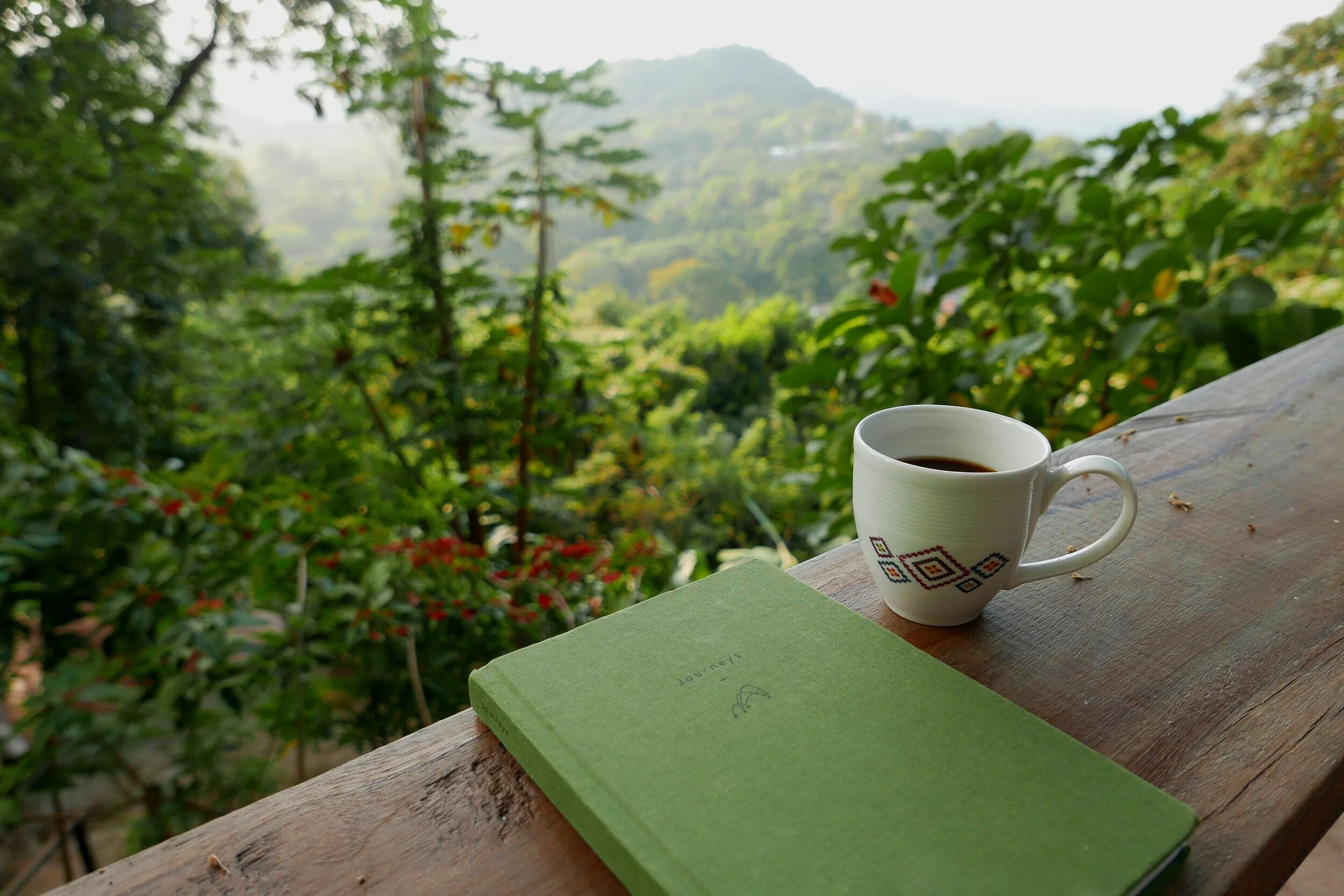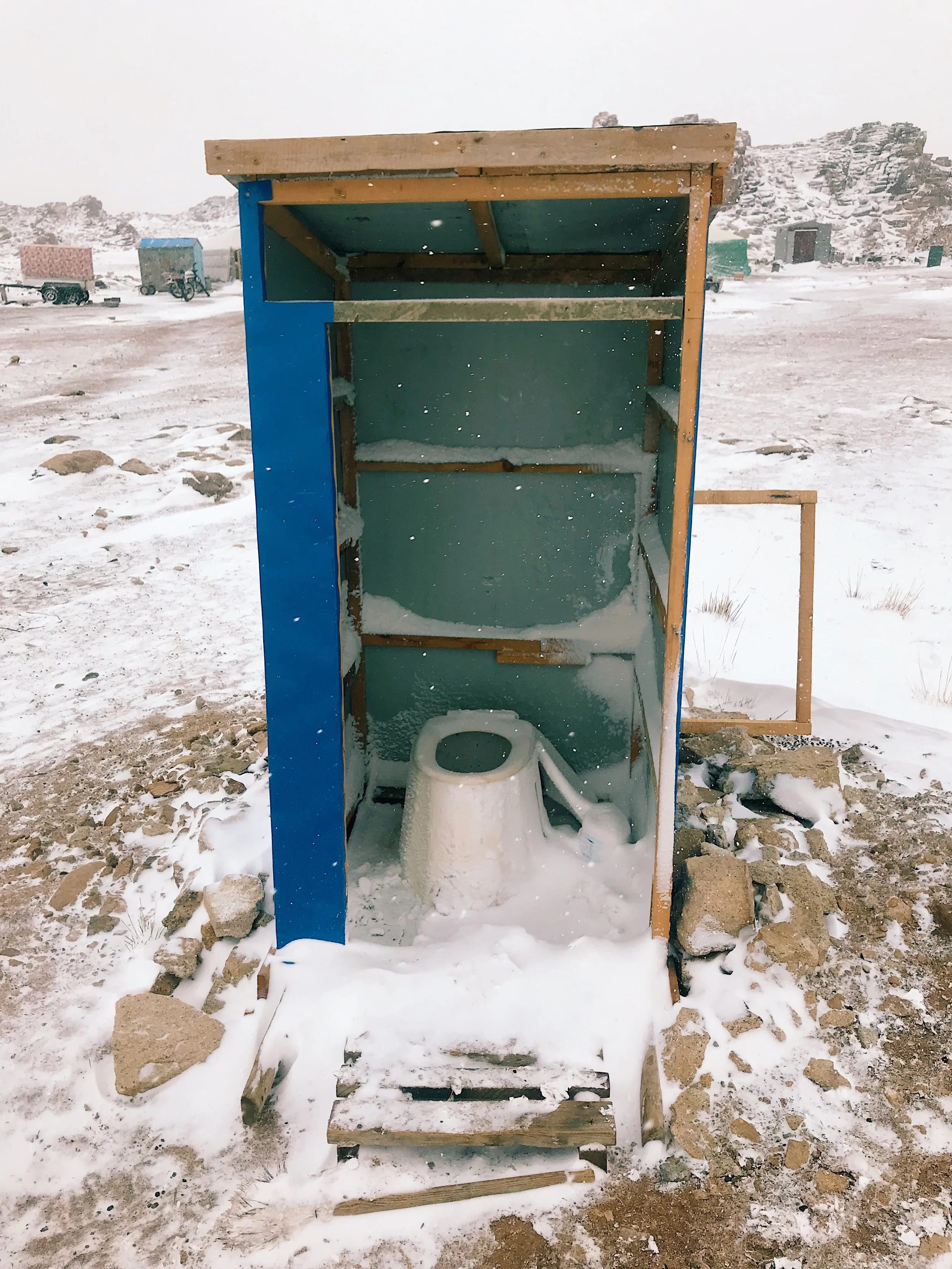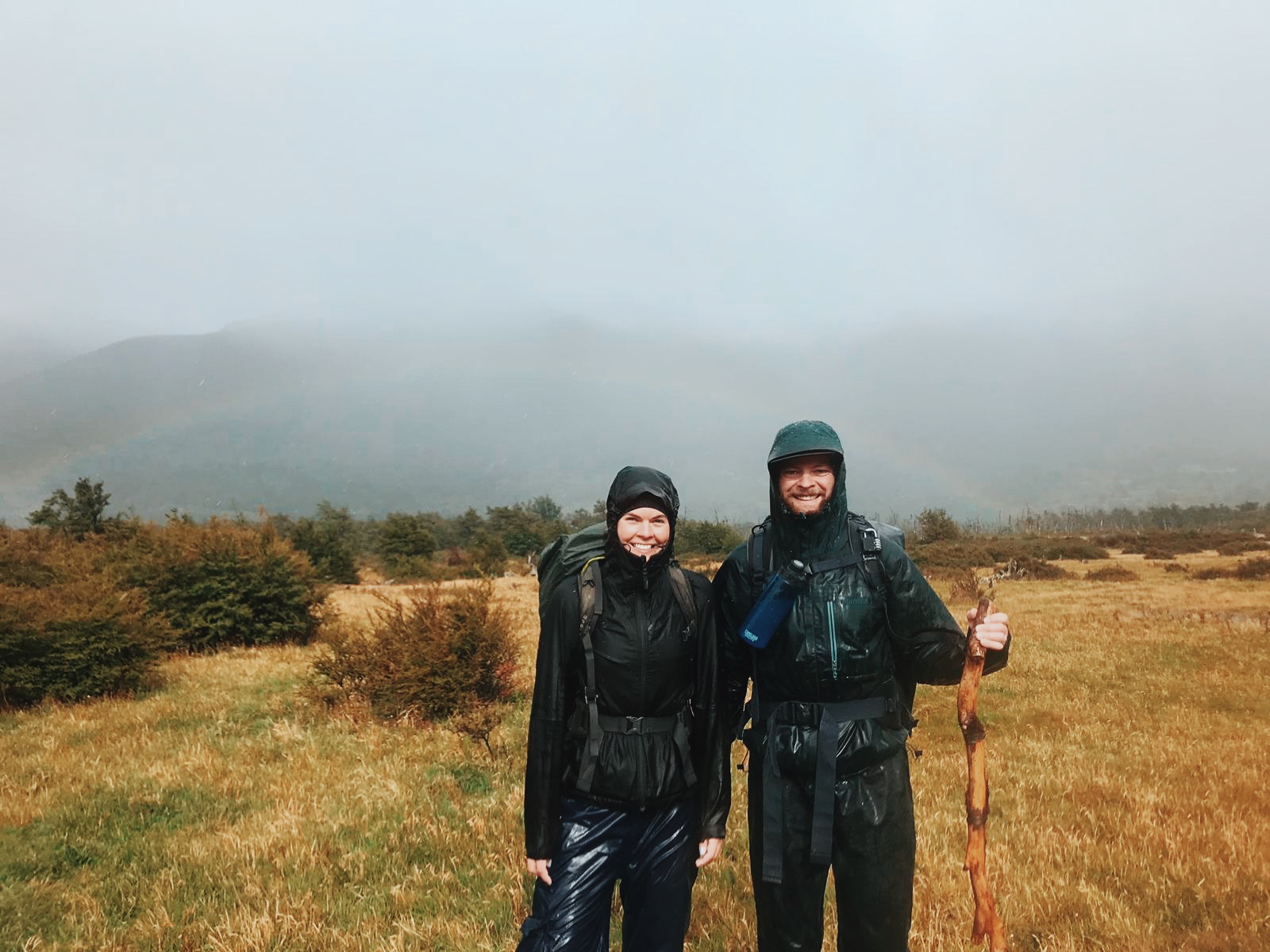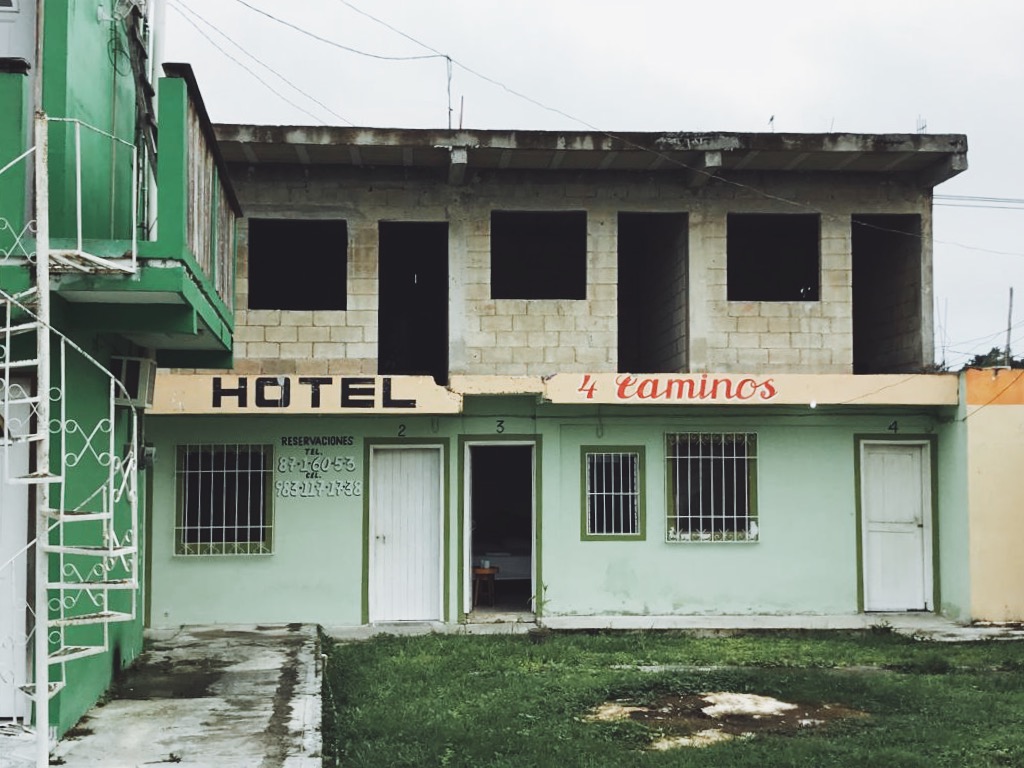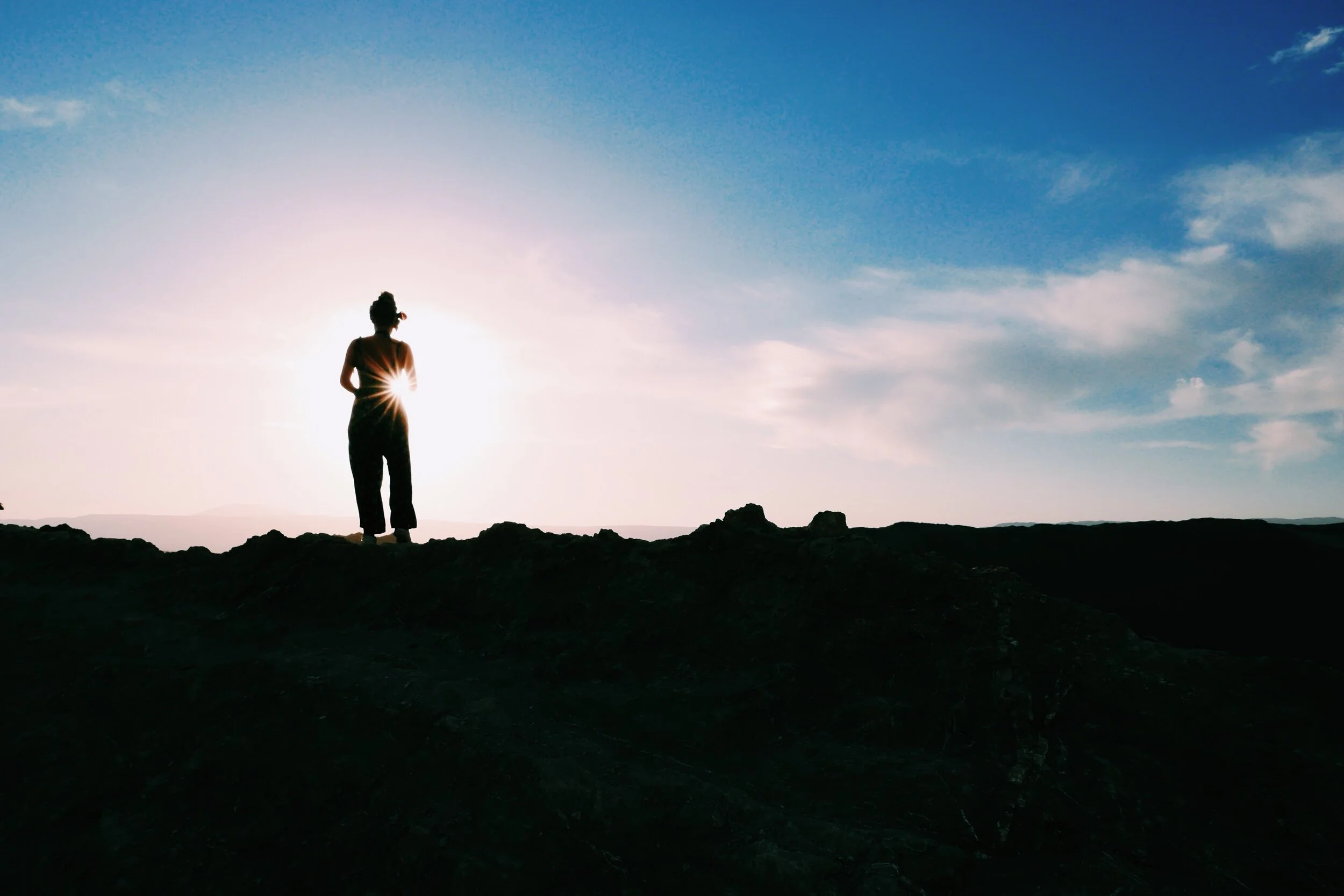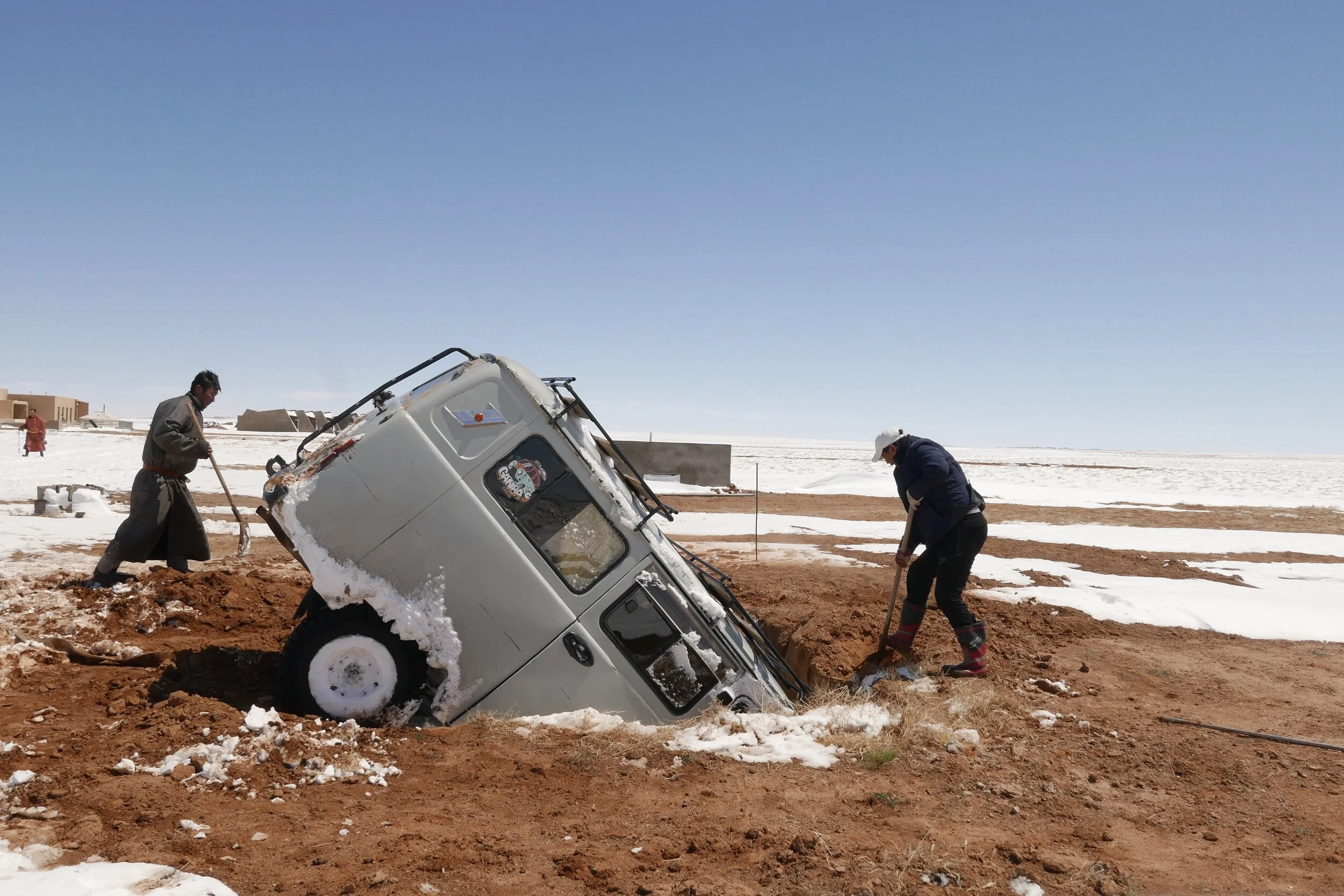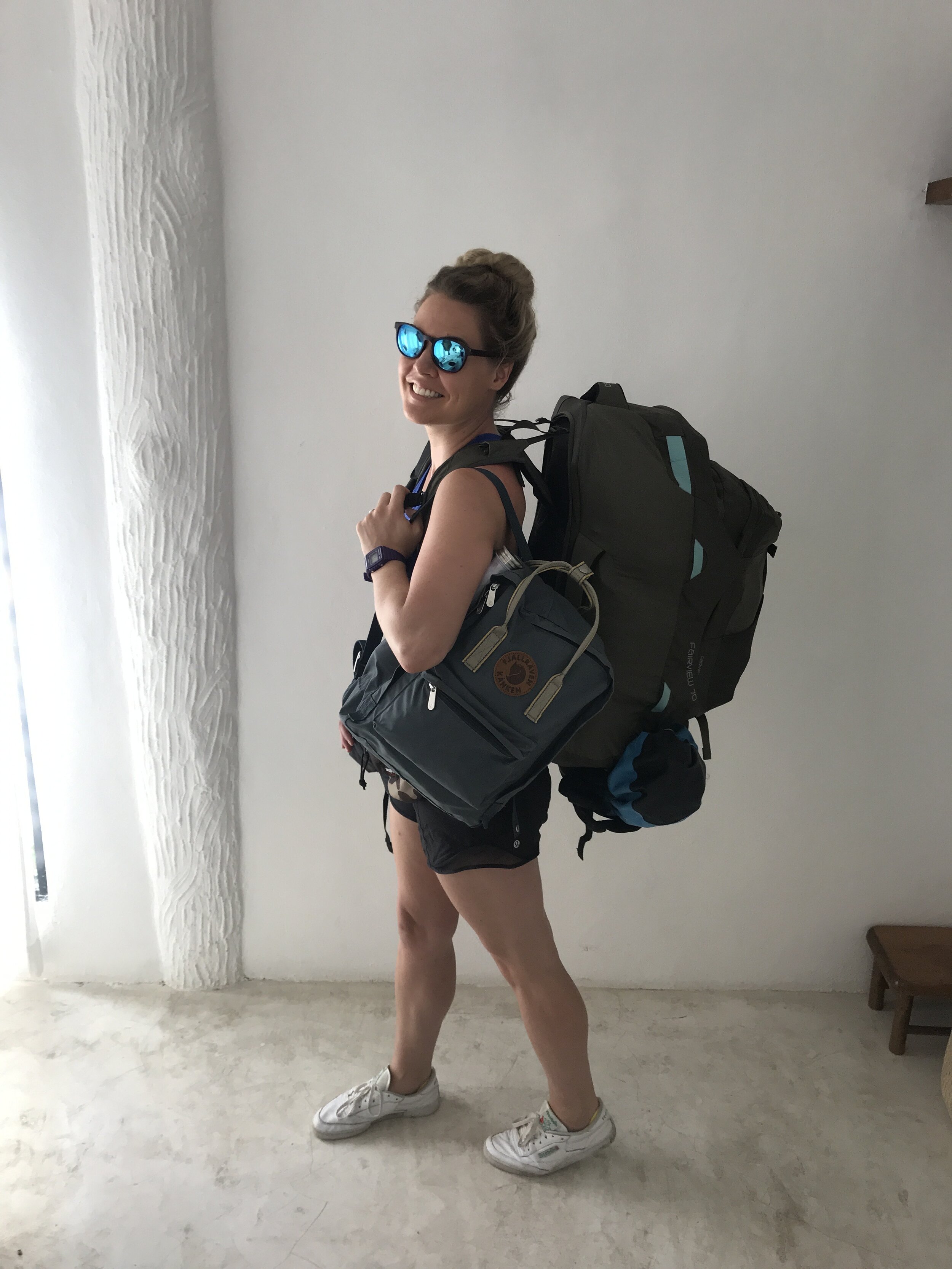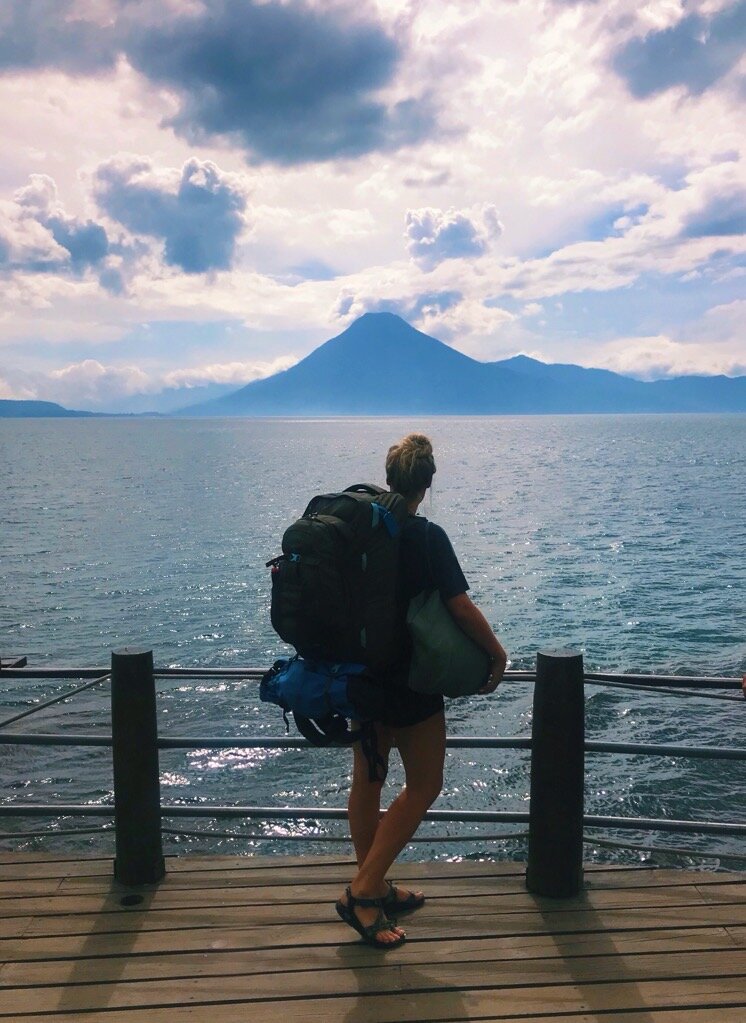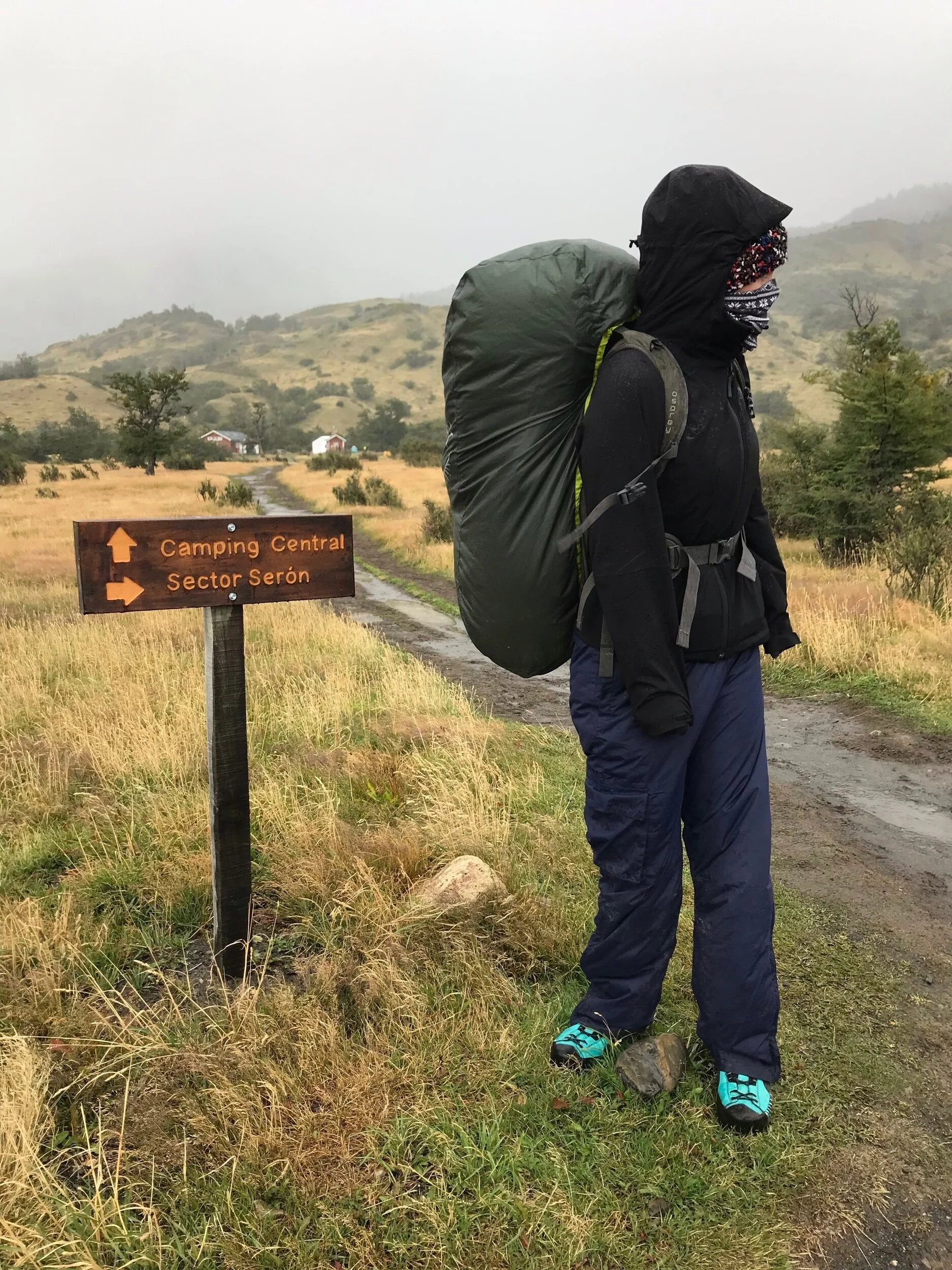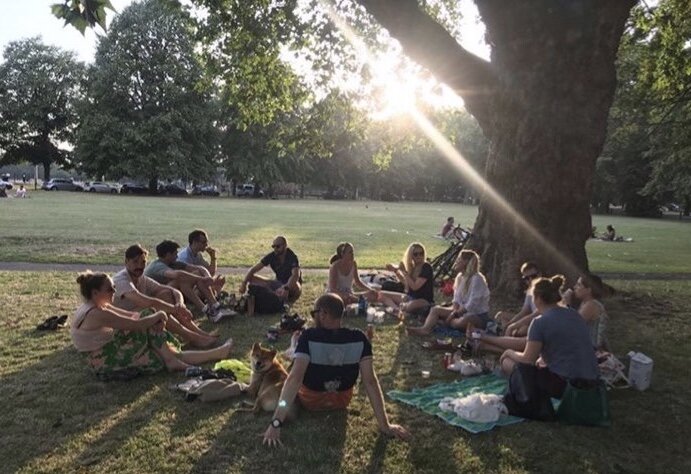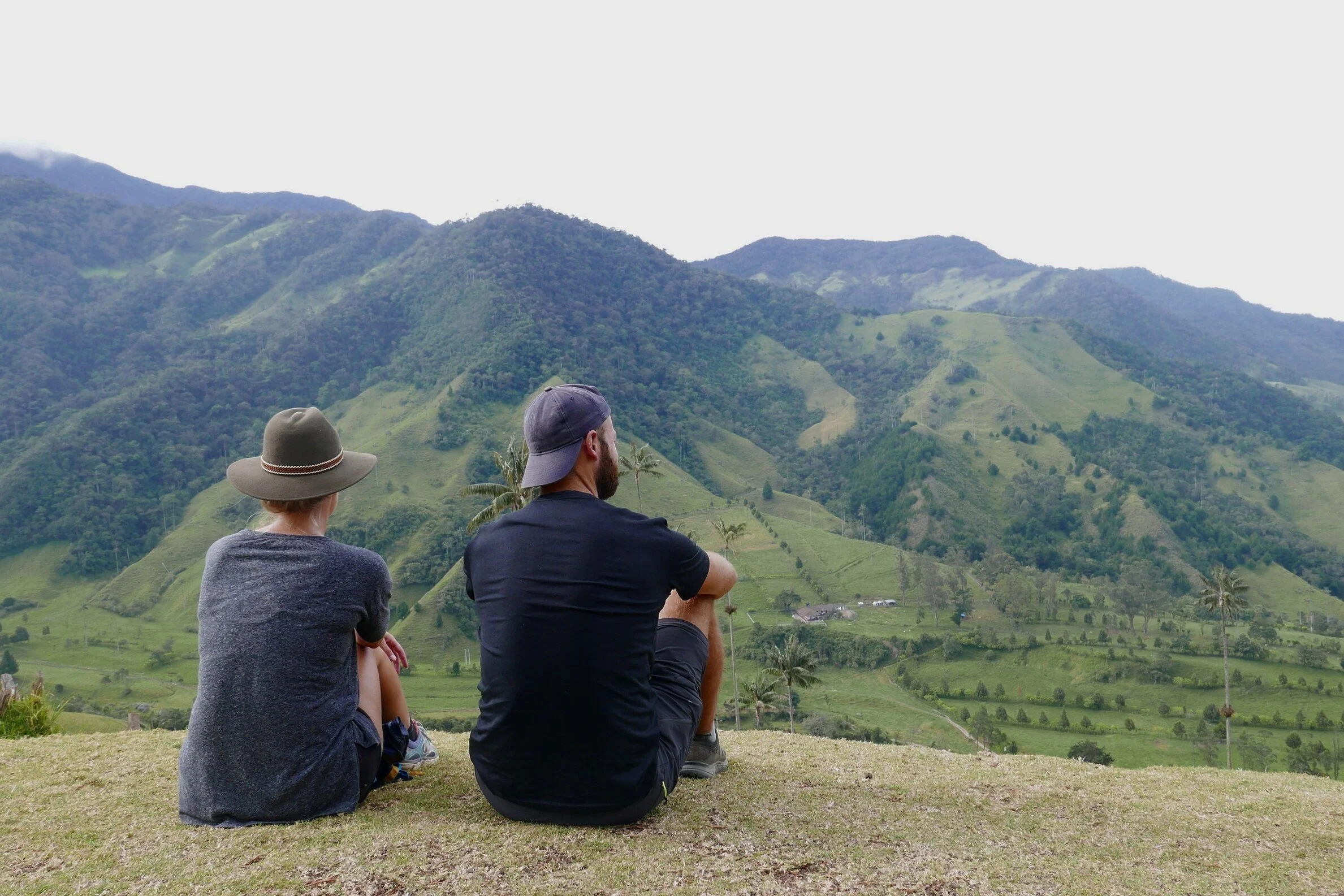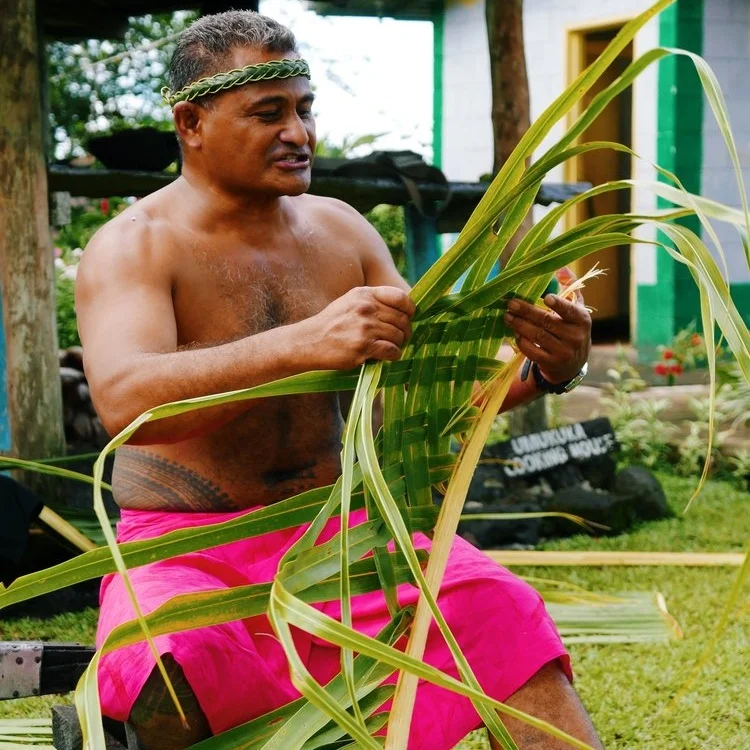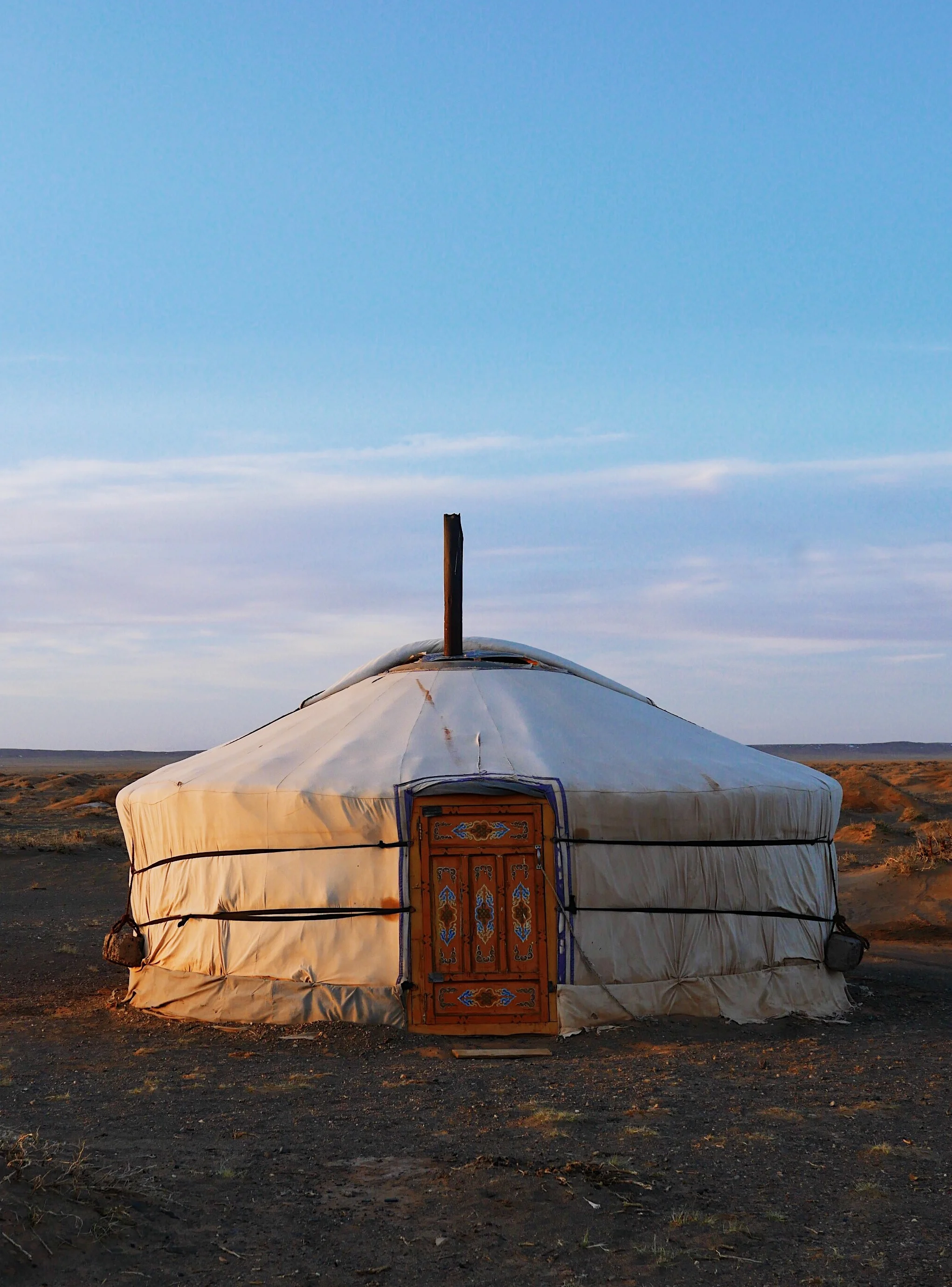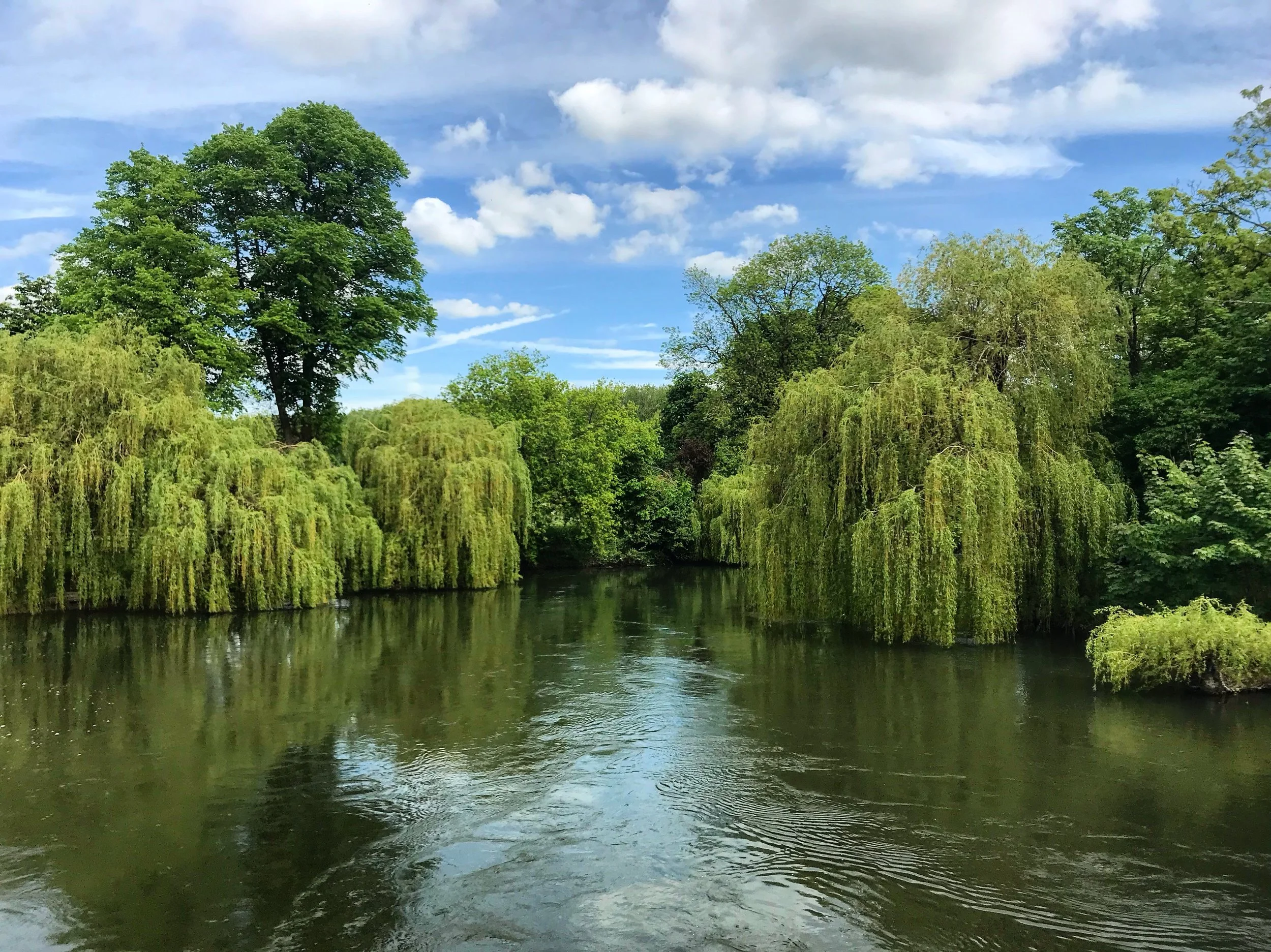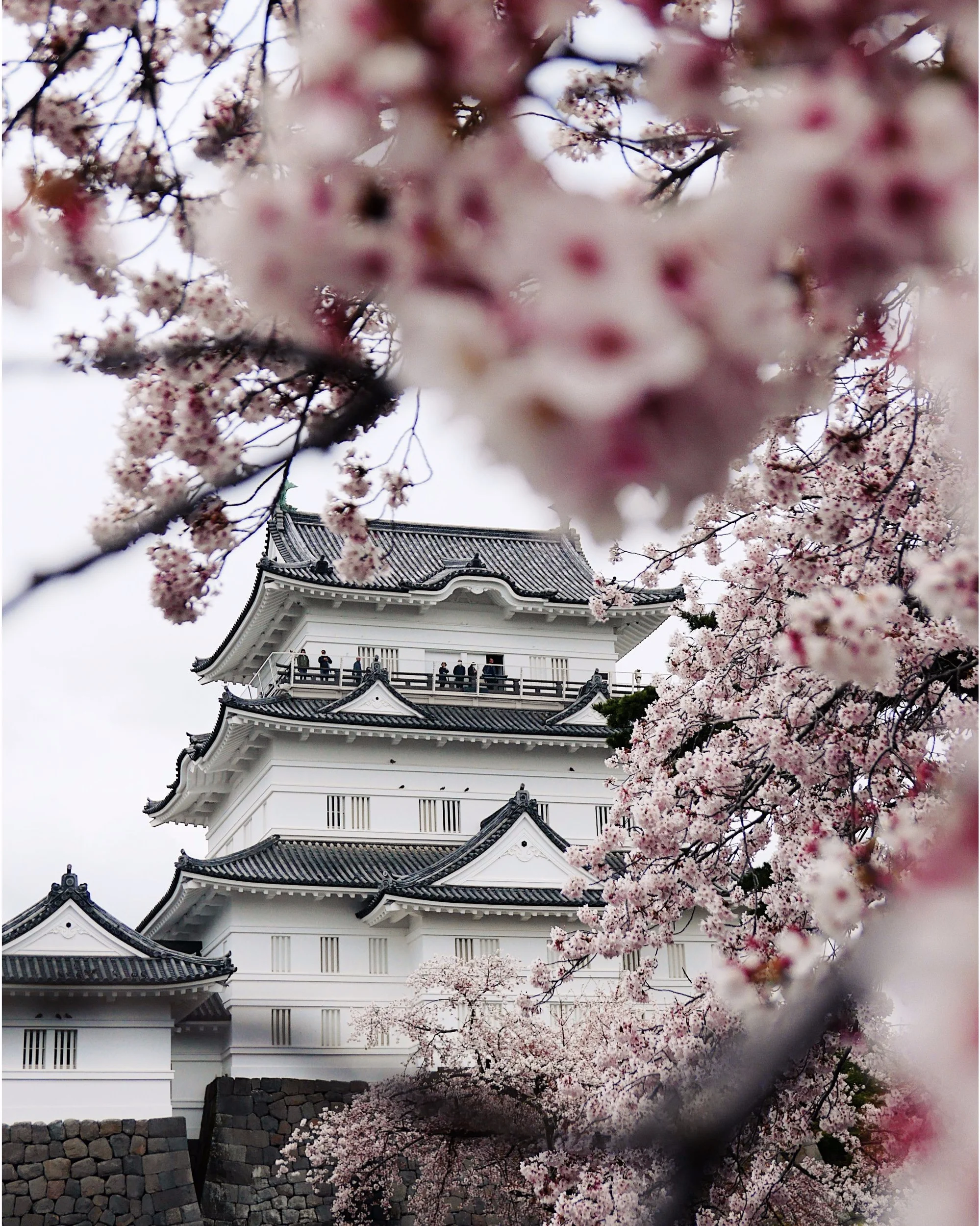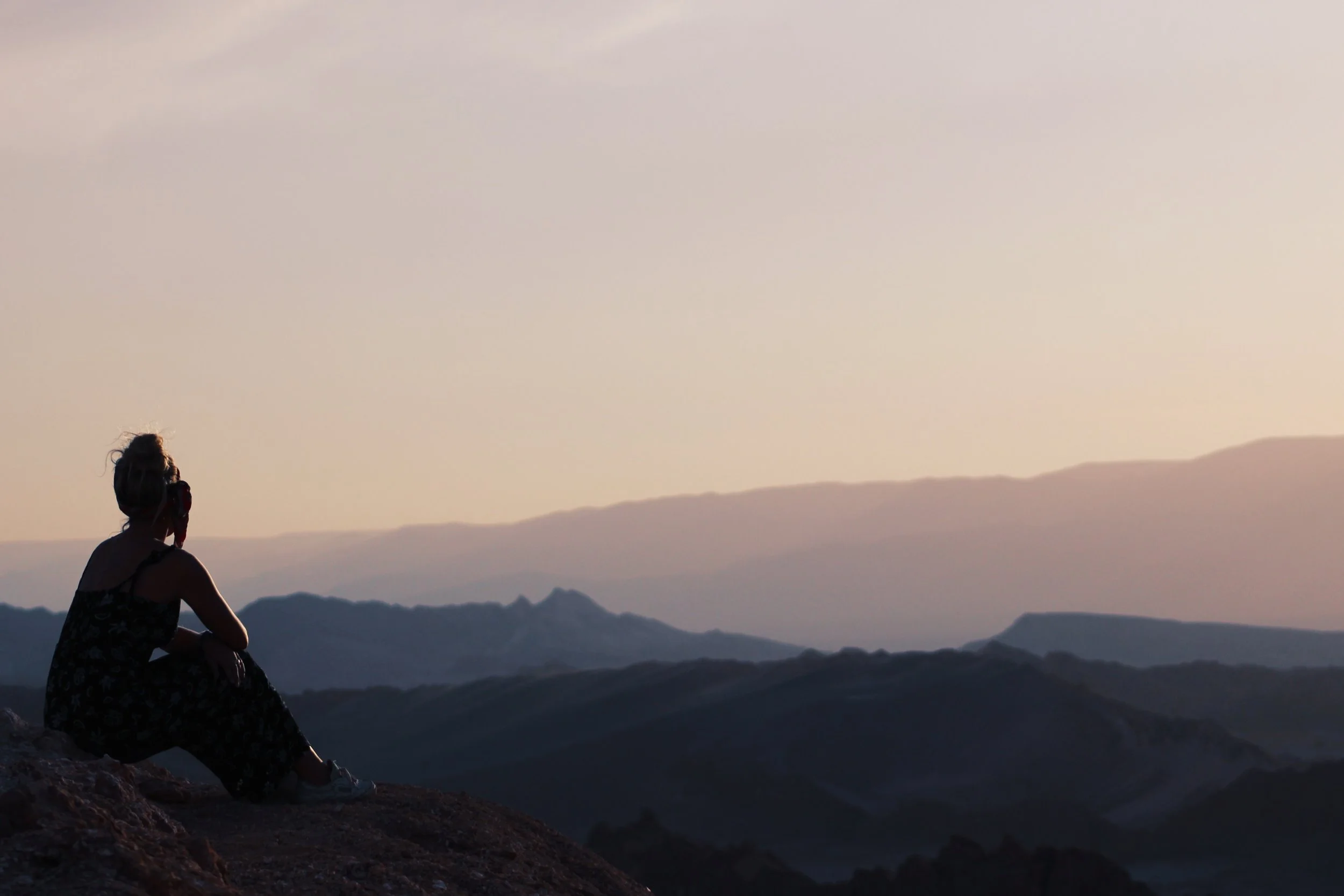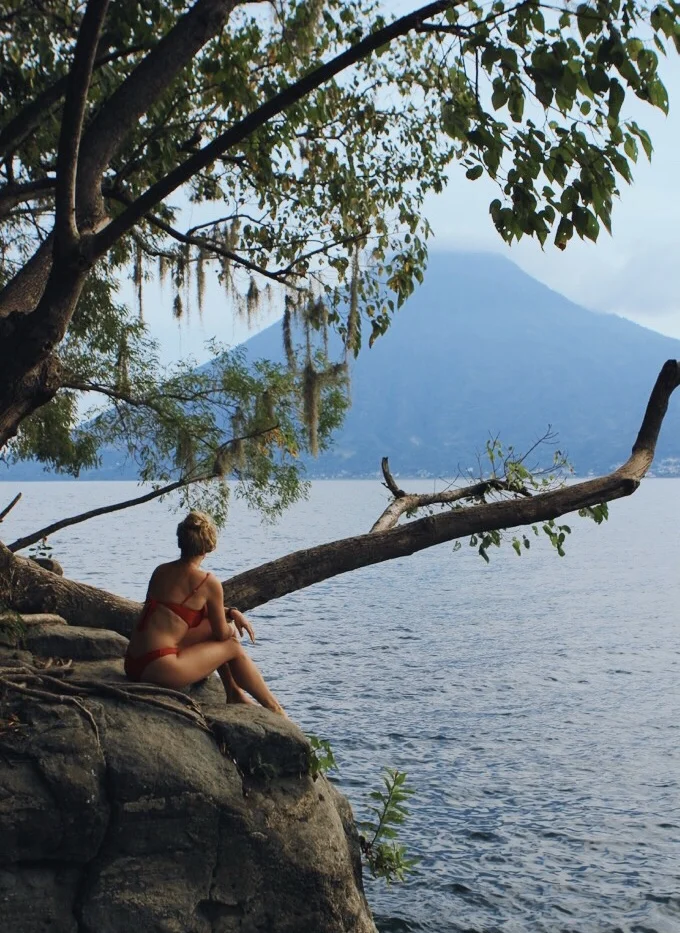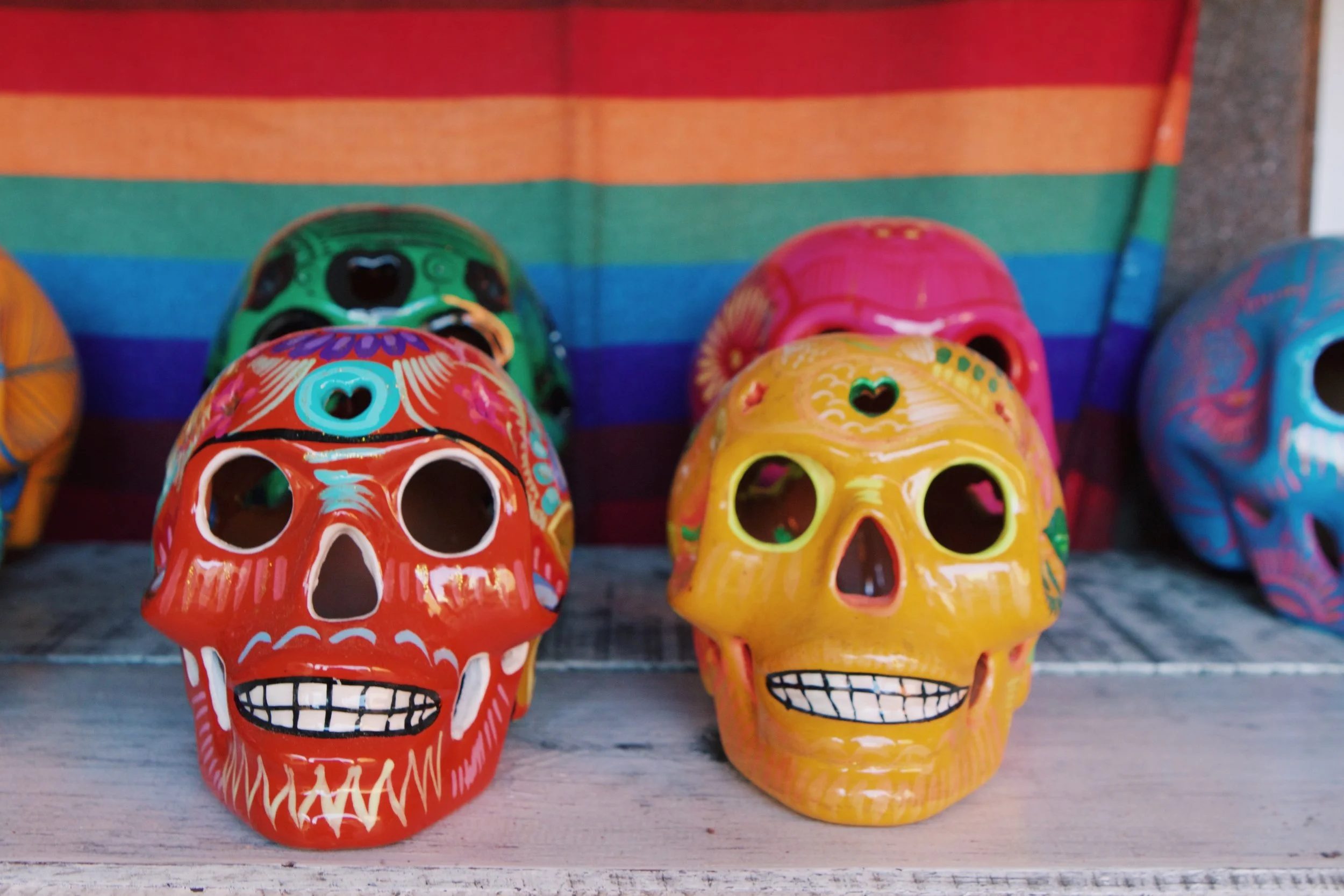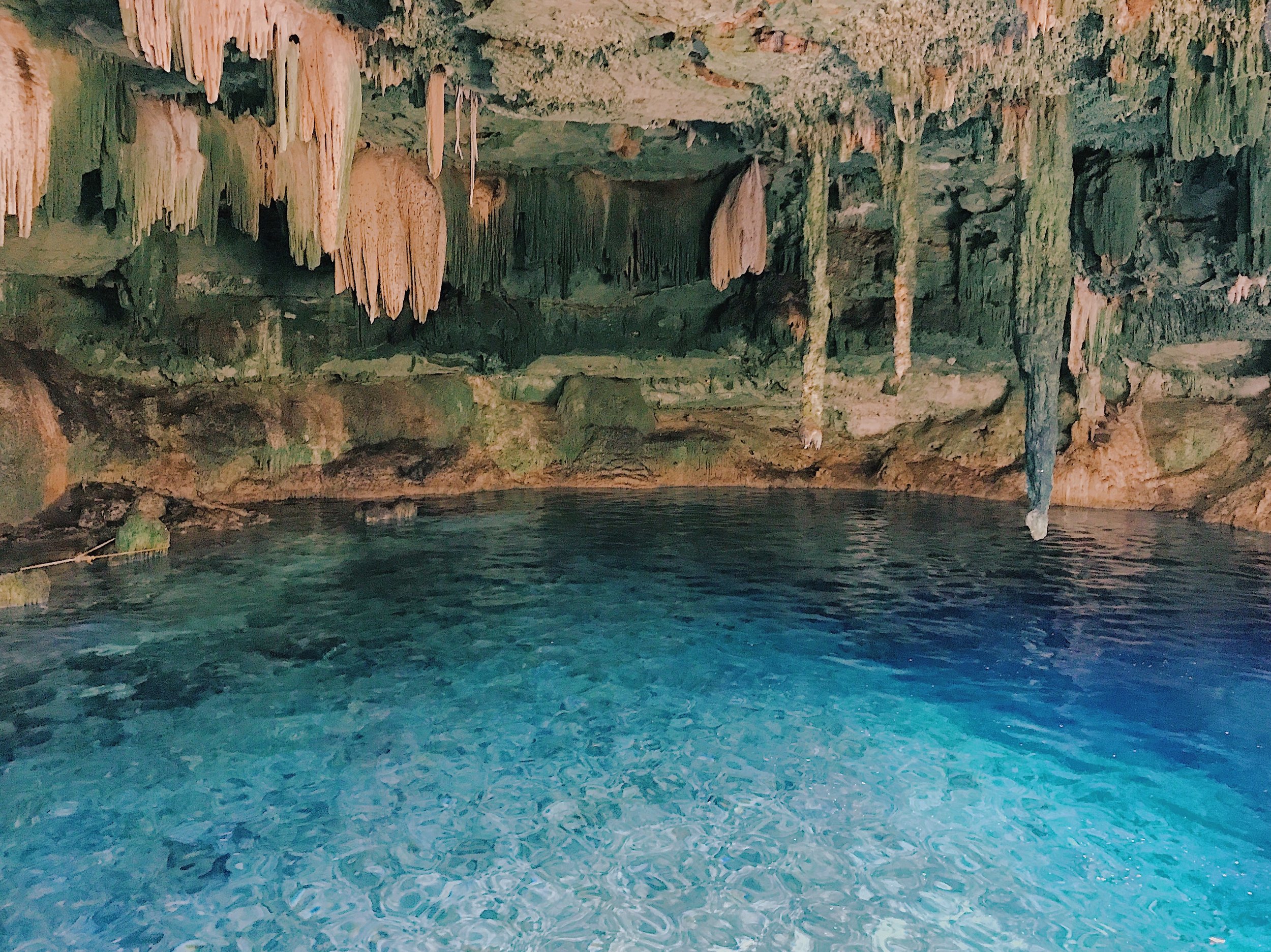5 LESSONS FROM A YEAR OF TRAVEL
Dazed.
Probably the overriding sensation since returning home. And there’s no sign of it easing up.
I'm delighted to say that we’ve both managed to convince companies to re-hire us into a professional environment. Heaven knows how; Nick can’t remember how to do a tie up, and I haven’t had a haircut since 2018.
But there we have it.
We’re edging closer to being salaried, grown up, well-presented adult humans once again. After a year of never really knowing what day of the week it is, or where my hairbrush is… I’m not sure how I feel about it.
Excited. Nervous. Slightly disbelieving.
We moved to Luxembourg a couple of weeks ago to start a shiny new version of life on the continent. Along with several large suitcases, a dozen brown boxes of books, and (much to Nick’s despair) approximately 32 scatter cushions in various textures & colours, we also go equipped with life lessons from a year of adventure. And we wanted to share just five of them.
So, if you’re thinking of taking a little time out, below are just a few of the things you could expect to gain from getting a little lost:
A Colombian coffee addiction is one of them.
Lessons on Mindset
One of our favourite philosophies to attempt to live by is that of the Stoics. They present a view that suggests that we don’t control and cannot rely on external events, only ourselves and our responses. That the source of negativity and dissatisfaction in our lives is more to do with our impulsive tendency to rely on reflexive emotions rather than logic. It is useful tool to re-frame tricky situations in a way that allows for a little more happiness and a lot less stress.
As with most admirable character traits, like being ‘wise’ or ‘present’ or ‘charming’, you can’t really claim to be ‘stoic’ without sounding like a bit of a dick. It is something to aspire towards, and (constantly) practise at, remembering to apply a level of logic & reason when you’re faced with challenging external events. Ideally this would be a real-time process, but for me, its more frequently something I have to apply in hind-sight. Greatly facilitated by wine.
The trouble is, Stoicism has a famously dubious view of ‘wanderlust’ and… y'know… running off around the world. It makes few exceptions for the purpose of travel aside from the most noble. The theory goes, that unless you travel with a purpose (like education), travelling to ‘find oneself’ or for ‘personal growth’ is a little… basic.
As Seneca (a Roman Stoic philosopher) rather bluntly puts it:
‘You need a change of soul rather than a change of climate. Though you may cross vast spaces of sea … your faults will follow you whithersoever you travel…. What pleasure is there in seeing new lands? Or in surveying cities and spots of interest? All your bustle is useless… you flee along with yourself.’
Ah.
That feels uncomfy. Especially in a society that celebrates & idolises travel for the sake of wanderlust, escapism… and of course, Instagram.
And despite the fact that we learnt a lot (often with intent, sometimes without) we by no means escape Seneca’s scorn. Our motives for a year of travel? Yes to learn, but also to explore. To not work. To abandon responsibility. To indulge ourselves in our own and each others company for longer than would be acceptable at home.
Not so noble.
It seems ironic then, that the past year of travel has taught us more about Stoicism, and provided more opportunities to practice it, then at any other moment in life.
In the familiar situations and environments that many of us find ourselves in at home, we are lulled into a false sense that we have more control over external conditions than we actually do. In truth, we’ve just become accustomed to them. We get used to how things ‘are’. This often means that when stuff goes wrong or changes, it can seem like an almighty big deal - Having to wait longer than 3 minutes for the next tube anyone?!
To travel in an unfamiliar place is to remove this illusion in its entirety. We can expect delays, strange food, a different climate, uncomfortable hotel rooms (oh lordy, the uncomfortable hotel rooms), language barriers, massive variations in cultural etiquette (hello, China)… the list goes on. If approached with a positive attitude, and in a mindful way, however, these constant ‘challenges’ can help cultivate Stoic virtues like patience, flexibility/adaptability, non-judgment, and a unique appreciation for the situation at hand. We didn’t succeed at this 100% of the time, but we did get much better at it. If we hadn’t? It would have been one hell of stressful year.
(NB: we’ve found “cultivating Stoic virtues” wildly more achievable when not hungry, tired, or unwell..).
Many opportunities to practise stoicism…
Lessons on Planning & Creativity
Two words that often get thrown against each other. Are you a planner? Or are you spontaneous? Do you like to define a route map, organise ahead? Or do you prefer to think on the go, work it out when you get there?
When we first set out we quite clearly fell on either side of this divide. Nick had guide books & budget spreadsheets. I had random photographs from coffee table books and our savings burning a hole in my pocket. And over the course of the year we each took our lead.
We’ve planned a month ahead and blessed ourselves for it, and not planned at all and come unstuck by it. Had things run like clockwork based on back-of-the-napkin plans, and fall apart after months of careful preparation. Long-term travel often does not play by the ‘fail to plan, plan to fail’ rules. Partly because you’re never quite sure how legitimate the operations behind your plans are likely to be… or how good the planning of the person/persons/tours/hotels/drivers/airlines are in turn.
A year of playing with planning has taught us that in order to be effective and make the most of any given situation, you need a little bit of both. A ‘Plan A’ (based on everything going smoothly, with no surprises). A ‘Plan B’ (for if the most likely thing to go wrong happens) a ‘Plan C’ (for if the less likely, but suspiciously predictable occurs), and then finally… Abandoning any plan and just being able to think creatively and decisively to work around whatever bizarre, unfathomable, and in some cases down-right surreal obstacles come your way.
Good lesson for travel. Good lesson for work. Good lesson for life.
Mongolia: Home of the down-right surreal…
Lessons on consumerism
“Consumer Culture” is, in simple terms, an addiction. We are bombarded with marketing each and every day; through social media, television, bill-boards, magazines. It tells us we must buy, try, invest in and consume such a wild variety of unnecessary stuff. Modern attitudes prevail toward having money and therefore spending money. What’s worse, is that our brains are often complicit, releasing a nice shot of dopamine when we do - The cycle seems indestructible.
We found that spending time away from the particularly potent brand of this offered up in London to be pretty liberating; there was less pressure to keep up, we didn’t have to always have nice things and stay in nice places… we could devolve from flash-packers to backpackers. Living out of a backpack (and having to lug around everything you need), is a sure-fire way to break some of the bonds with consumerism & materialism.
It’s not a total fix, it may not even be permanent (yep, I do still love pretty things) but I do find myself more conscious and questioning when I make the decision to buy something. It’s a welcome habit from the past year (reinforced by Nick checking my purchasing decisions knowing he’d be carrying the extra weight if it didn’t fit in my bag…). Long-term back-packing is, in essence, a Marie Kondo masterclass.
Lessons on Friendship
‘Narnia Syndrome’
/ˈnɑː(ɹ).ni.ə/ /ˈsɪn.droʊm/
Noun:
The strange phenomenon of having had a significant amount of time away from what is ‘normal’, only to return and find that it feels like you’ve only been gone a week.
This experience is both strangely unnerving: did that just happen?… Did I do that?… Was it all a dream!?… WHAT IS REAL? … etcetera … and wildly comforting: family, friends, relationships haven’t suddenly vanished in your absence.
It’s this latter point that has been most marked since we got back. Catching up with friends and family has been the single most soothing balm for post-travel blues (yes, even better than tea).
Whilst we were pretty good at staying in touch, updated our instagram & the blog relatively regularly, and checked in with our families & mates fairly often, we also frequently went for several weeks at a time without wifi & connectivity. Did we log back on to a fair few messages & emails, whatsapps & group chats? Yes. Did we log back on to find that all our friends had abandoned/ghosted/given up hope on us? Thankfully not (cheers guys!).
We will always be there for our friends & family, but unless it’s a medical or emotional emergency, it turns out that you do not need to be surgically attached to your phone and/or respond to messages immediately for people to keep liking you. Trusting that friendships will not dissolve without daily maintenance, or continuously responding to the group-chats, has been quite the learning curve, and something of a cold-turkey treatment for someone who sometimes gets sucker-punched with social-anxiety.
But the net of this? Being so much more present whilst exploring new places vs. habitually checking our phones. And in parallel, creating more meaningful, committed & valuable conversations with friends when we did have time to talk.
Proof we still have friends…
Lessons on Relationships
Long term travel as a couple is… an experience. I’ll quickly burst the Instagram #travelcouple bubble here - standing in ankle-deep cerulean water, toned and tanned, whilst embracing passionately… just is not it. Squidged together on a narrow, carpeted bus-seat, with burnt shoulders, sweat spots under backpack straps and high levels of irritability over who forgot the bug-repellent is perhaps a little more accurate.
But if that image is a little less than inspiring, i’ll be the first to admit that our experience travelling as a couple has been the best journey of all (don’t worry, I will get that printed on a mug). Even after every museum, gallery, tour-guide & information sign, just being together solidly for that long undoubtedly taught us the most. A lot of this comes down to having simply had the time to finely tune our knowledge of the subtle cues we give each other, but I’d hasten to add several other essay titles to the travel-couple literature:
How to quickly identify & communicate your mood… ahead of armageddon
A collapse of boundaries: When your partners’ bodily functions are no longer a mystery (and how to cope)
Plan ahead, carry snacks: Effective management of your other half’s blood sugar
The art of conversation after 256 tables for two
Attachment & bonding: How to avoid separation anxiety when re-entering society
One thousand memories: A lifetime guarantee
It’s fair to say we head into our next adventure together a little better prepared.
#travelcouple: That time a stranger offered to take our photo whilst we were in the middle of a fight…
If you travel for more than a photo, for more than simply ticking another destination off your list; hello friend. Here’s to being richer than you were when you left.
For those who question and wonder, for those who are always asking “why is this here?” “how was that formed?” “who were they and where did they come from?”… “what the hell is this?!”…
For those with time to ponder…
Read More to Travel Deeper:
